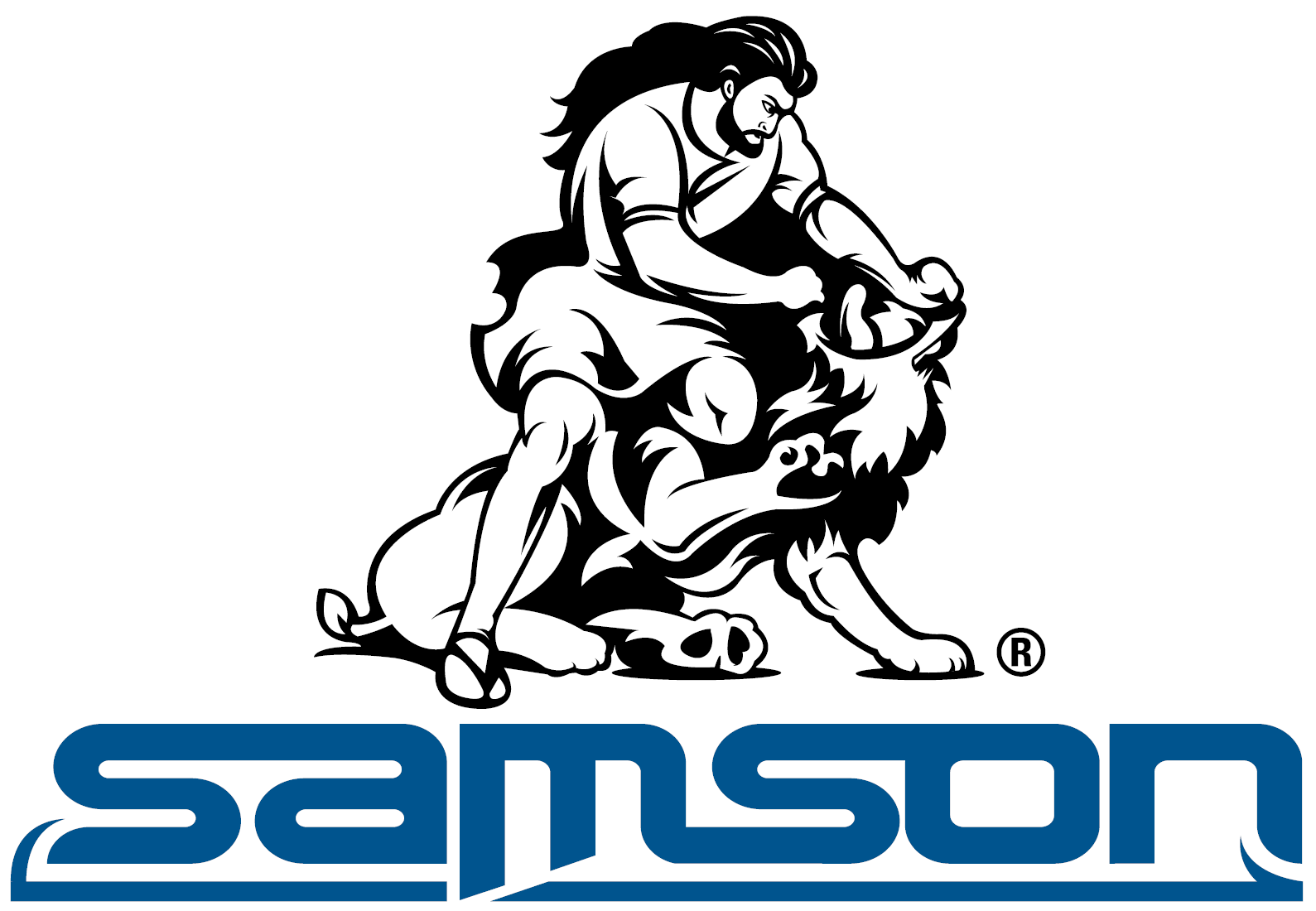PFOS, a type of perfluoroalkyl and polyfluoroalkyl substance (PFAS), has been a staple in foam fire-fighting systems due to its effective properties. However, its environmental and health impacts have led to its restriction under the Stockholm Convention since 2009. Despite this, some fire-fighting systems still use PFOS or other PFAS, which might also be hazardous upon further investigation.
The IMO’s Subcommittee on Ship Systems and Equipment has influenced the adoption of several resolutions, including MSC.530(107), MSC.534(107), and MSC.535(107). These amendments to SOLAS Chapter II-2 and the HSC Codes ban the use of PFOS in both fixed and portable fire-fighting systems on new ships from January 1, 2026. Existing ships must replace PFOS-containing systems by their first survey after this date. Future restrictions might extend to other fluorinated substances, as indicated by the addition of the “Fire Extinguishing Media Restrictions” section in the regulatory texts.
“Shipowners need to understand the implications of the rule changes for existing ships and to consider how best to comply with the impending and future rules as there are some pitfalls to avoid,” said Mikael Laszlo, Sales Director at Scanunit.
Many shore-based fire-fighting systems have already transitioned to safer chemicals, guided by regulations from the European Chemicals Agency and the U.S. Environmental Protection Agency, which limit PFAS in fire-fighting foams to one part per million. Shipping is expected to follow this path, necessitating careful selection of replacement agents.
It is crucial for shipowners to verify whether their current foam contains PFOS or other PFAS. Foam certificates and safety data sheets should indicate this, but independent analysis might be necessary. IMO’s guidelines in MSC.1/Circ.1312 focus on the operational aspects of fire-fighting foam concentrates but lack details on chemical composition, making thorough testing essential.
Manufacturers are already moving towards alternative products, raising the risk of supply shortages before the IMO ban takes full effect. This could force ships to switch agents abruptly, potentially impacting their trading capabilities.
Replacing the foaming agent on existing ships involves more than just swapping out the old foam. The entire system must be decontaminated to prevent the release of restricted substances during testing or deployment. Scanunit, in collaboration with LifeClean, offers a turnkey solution for decontaminating and replacing shipboard foam systems. This process can be conducted outside of drydock, aligning with the vessel’s schedule.
The decontamination process involves removing the old foam, filling the system with LifeClean’s Sani A cleaning fluid, and repeating the procedure until a sample test shows PFOS levels at or below one part per million. According to Ragnar Krefting, founder of LifeClean, “the process is perfectly safe and produces less wastewater than other methods. Independent tests have shown a 99.97% removal of all PFAS substances from the tanks and foam system.”
Sometimes, system upgrades are necessary to accommodate the new fluorine-free foam. Scanunit handles all necessary arrangements and documentation, coordinating with classification societies to ensure compliance. After approval, installation is scheduled at a convenient time and place, with Scanunit providing all materials and personnel.
“We have the experience and ability to help owners meet all their obligations under the new IMO rules, and we urge them to go the extra mile and meet the ECHA/EPA standards now rather than wait or carry on with a time-compromised system,” Laszlo emphasized.
By acting proactively, shipowners can ensure compliance, avoid potential disruptions, and contribute to a safer, more sustainable maritime environment.















